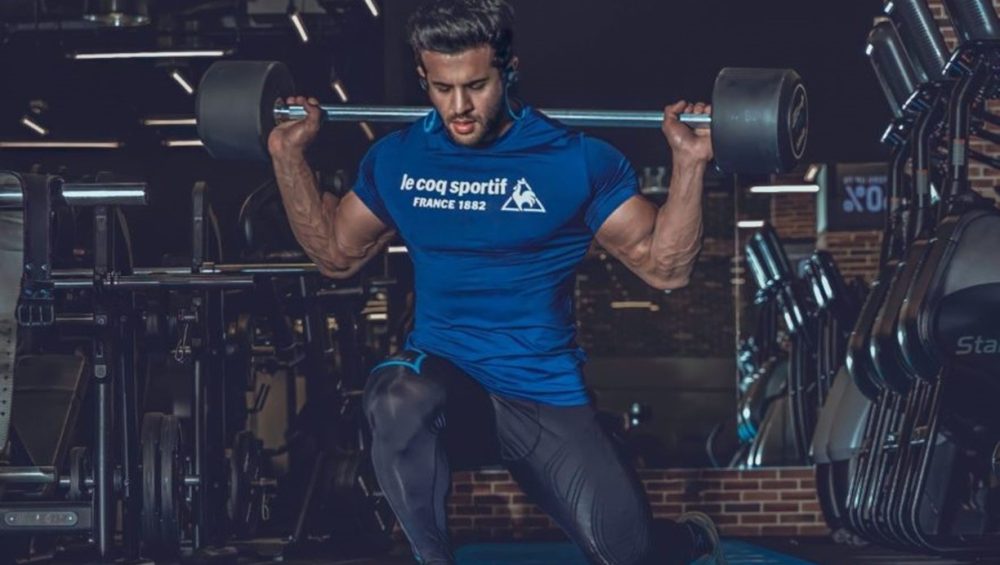It seems that you are finally motivated to take working out seriously! Perhaps you want to lose a few pounds for this gorgeous dress you have your eyes on for Eid, or you simply learned from your past mistakes that overeating and physical inactivity during Ramadan will leave you in a big mess.
So, no matter what inspired you to start moving, here are 8 workout tips that you will surely need; please take notes.
1.Take your doctor’s thumbs up
Don’t get too excited before having your doctor’s clearance especially if you are injured or suffering from past injuries, are above 40 years, dealing with a health problem, expecting a baby, or taking any medications. Your doctor will know better what suits you the most, and what exercises and classes to avoid.
2.Start with a personal trainer
Because you are new to the game, we highly recommend that you hire one of our excellent personal trainers at PowerHouse Gym, especially since starting a fitness journey on your own is not easy. In this way, you will no longer worry about how to start working out, you will learn the proper form and workout for beginners, and the exercises you need based on your goals. Not to mention that the personal trainer will help you set a reasonable fitness plan and push you towards achieving it. Moreover, he will provide you with fitness tips for beginners. Still not convinced? Take a look at “Upgrade Your Fitness Journey With A Personal Trainer”.
3.Take baby steps
Never rush your fitness journey. You have just started, so learn to cherish your new routine and discover the classes and workouts you enjoy the most. Furthermore, find out what time you are energized. Would you rather work out in the early morning or right after work? When you take things slow, learn what you like and dislike, and determine when you are at your peak, working out will become so much fun.
4.Always warm up and cool down
The best way to avoid injury, muscle soreness, and fatigue as a beginner is by warming up and cooling down. The personal trainer will provide you with stretching exercises for beginners and will help you add them to your workout routine.
5.Try switching it up
Beginners tend to get bored easily from the same workout routine and eventually give up. That’s why it’s important to always try new workouts and join new classes whenever you start losing interest. At PowerHouse Gym, we offer Spin and boxing classes that you will surely enjoy. If you want to delve deep into these classes check “Spinning Class: It’s More Than Just Spinning” and “Punch Up Your Fitness Journey”.
6.What you do outside the gym counts
Now that you are starting to exercise regularly, take heed of your nutrition, water intake, and sleep schedule. Our personal trainer at PowerHouse Gym will ask you to follow a balanced diet, stay hydrated, and sleep for at least 6-7 hours to start seeing results.
7.Know when to rest and recover
Starting a fitness journey needs a lot of “rest and recover” time. It is better to stay away from intense exercises, heavy weights, long training hours, and HIIT classes in the beginning. Give your body time to get used to this new routine and rest even before you are drained. And when you are too tired to hit the gym, a 30-minute walk can be enough.
8.Listen to your body
We know that beginners are usually eager to achieve their goals, be it losing weight, getting the perfect “summer body”, or bulking up. They overexercise and push themselves too much to speed up the journey. The only thing that will result from this is disappointment and burnout. Hence, always listen to your body and know when to take a break.
As you can see, starting a workout plan isn’t as hard as you thought. Join us today for an exceptional and life-changing experience at PowerHouse Gym!









